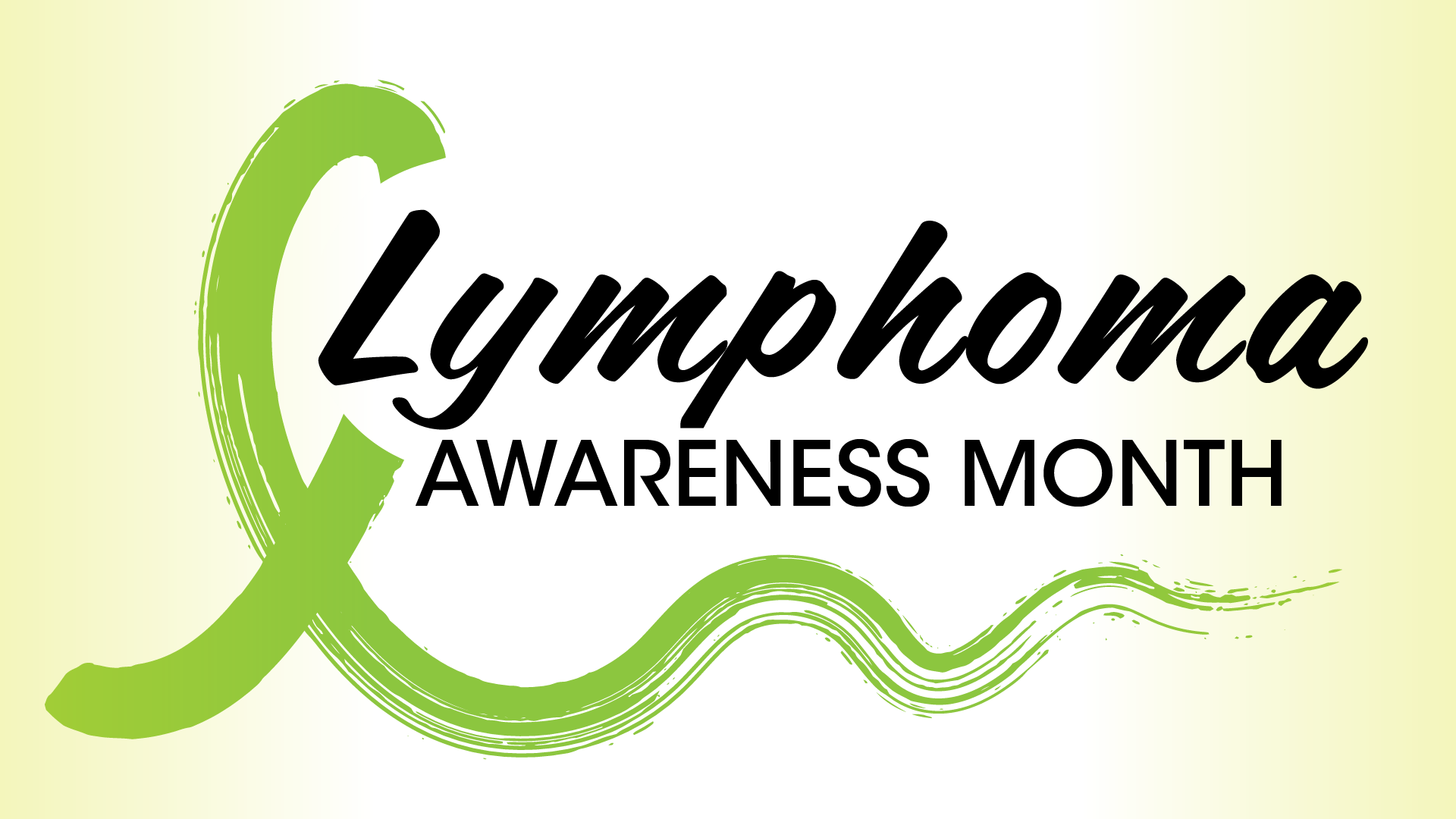Transcript:
From the 2020 European Hematology Association (EHA) Congress [and also the 2022 American Society of Clinical Oncology (ASCO) Annual Meeting], one of the large randomized phase 3 trials [examined] the front-line treatment of mantle cell lymphoma [MCL]. This summer, we saw results from the SHINE trial [NCT01776840], which examined patients with MCL who were 65 and older and [who were] not considered candidates for consolidation with stem cell transplant after more aggressive chemoimmunotherapy. This trial looked at treating patients with standard of care, which is bendamustine and rituximab [BR; Rituxan] followed by rituximab maintenance, vs BR plus rituximab maintenance plus the BTK [Bruton tyrosine kinase] inhibitor ibrutinib [Imbruvica]. This trial was positive in that there was a median PFS benefit with the addition of ibrutinib vs BR plus rituximab. There was not an overall survival benefit and this is not currently FDA approved, but the completion of this phase 3 trial was long awaited and these results were one of the big things to come out of the 2020 EHA Congress.







































